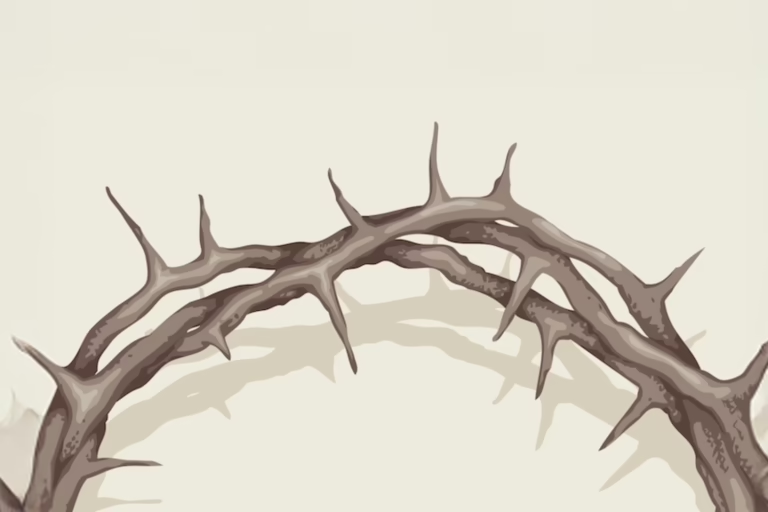Read: Isaiah 3:1-11
Woe to them! They have brought disaster upon themselves. (v. 9, NIV)
Isaiah provides important insights into a troubling but important issue: God’s judgment. It’s something that many of us find uncomfortable. Throughout the Bible, God’s judgment begins with his assessment of our inward thoughts and attitudes but also includes our outward behavior toward him, people and creation.
God’s judgment also determines the consequences for wrongdoing. In Jerusalem and Judah, God judges by taking away “both supply and support” (v. 1). Supply and support are the basic necessities of life, food and water, but also the basic social leadership of a community. When these are taken away the consequences are devastating. There is strife between people, a breakdown in leadership as poverty and hostility destroy society. What a devastating portrait of a community, one that feels all too familiar as we look around our world.
Verses 1 and 9 present two contrasting perspectives on God’s judgment. First, this is God’s judgment on Jerusalem and Judah. Second, they brought this disaster on themselves. God’s judgment is woven into the very fabric of physical reality and social structures. We ignore God’s warnings at great personal and societal peril. It can be difficult to untangle this question of human sin and God’s judgement. However, the place to start is in accepting our own responsibility for our words and deeds. That is where God starts, and where we need to start too. —Gordon Van Wylen
As you pray, ask God to make you an agent of his peace.
About the Author

Gordon Van Wylen
Gordon Van Wylen served as the Dean of the Engineering School at the University of Michigan, and was the President Emeritus of Hope College. Dr. Van Wylen died in 2020.
- Gordon Van Wylen#molongui-disabled-link
- Gordon Van Wylen#molongui-disabled-link
- Gordon Van Wylen#molongui-disabled-link
- Gordon Van Wylen#molongui-disabled-link

